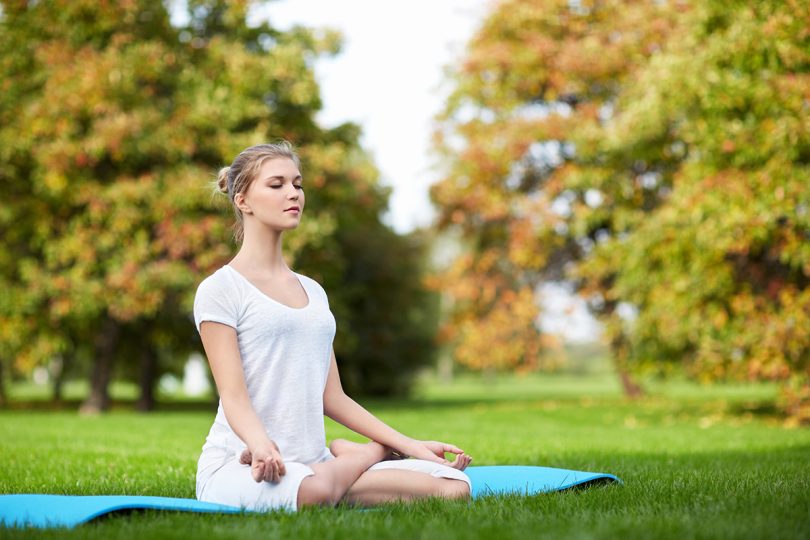Yoga, a centuries-old discipline, has become increasingly popular in our modern society. In this deep dive into the world of Yoga, we will explore the numerous benefits it offers and provide valuable tips to help beginners on their journey towards wellness and tranquility. Uncover the key yoga benefits and tips to alleviate the stresses of modern living, enhance your physical strength, and promote your mental well-being.
Table of Content
- The Benefits of Yoga
- Essential Yoga Tips for Beginners
- Different Styles of Yoga
- Case Study: Yoga for Stress Relief
- Debunking Yoga Myths
- Summary and Conclusion
The Benefits of Yoga
Yoga is not merely an exercise routine; it is a comprehensive system of physical and mental practices designed to enhance one’s overall well-being. It originated in ancient India, combining physical postures, breathing techniques, and meditation to harmonize the body, mind, and spirit. Through consistent practice, yoga provides a host of transformative benefits:
- Improves Flexibility: One of the most notable benefits of Yoga is the enhancement of flexibility. Regular practice helps stretch and lengthen your muscles, leading to increased flexibility over time. This improvement not only enables you to perform a wider range of movements but also decreases the risk of injuries.
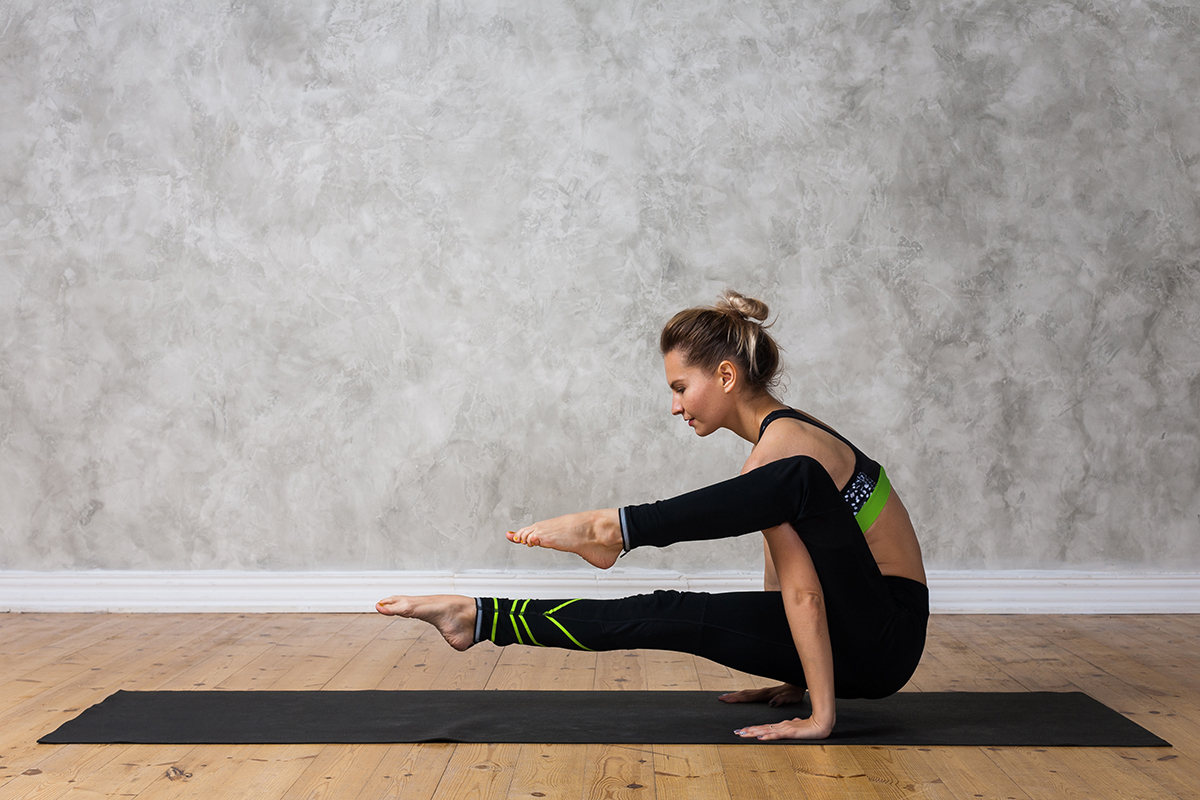
- Enhances Strength: Yoga is a fantastic way to build strength and tone muscles without lifting weights. It utilizes the body’s weight to naturally build muscle tone and improve strength, fostering better balance and stability.
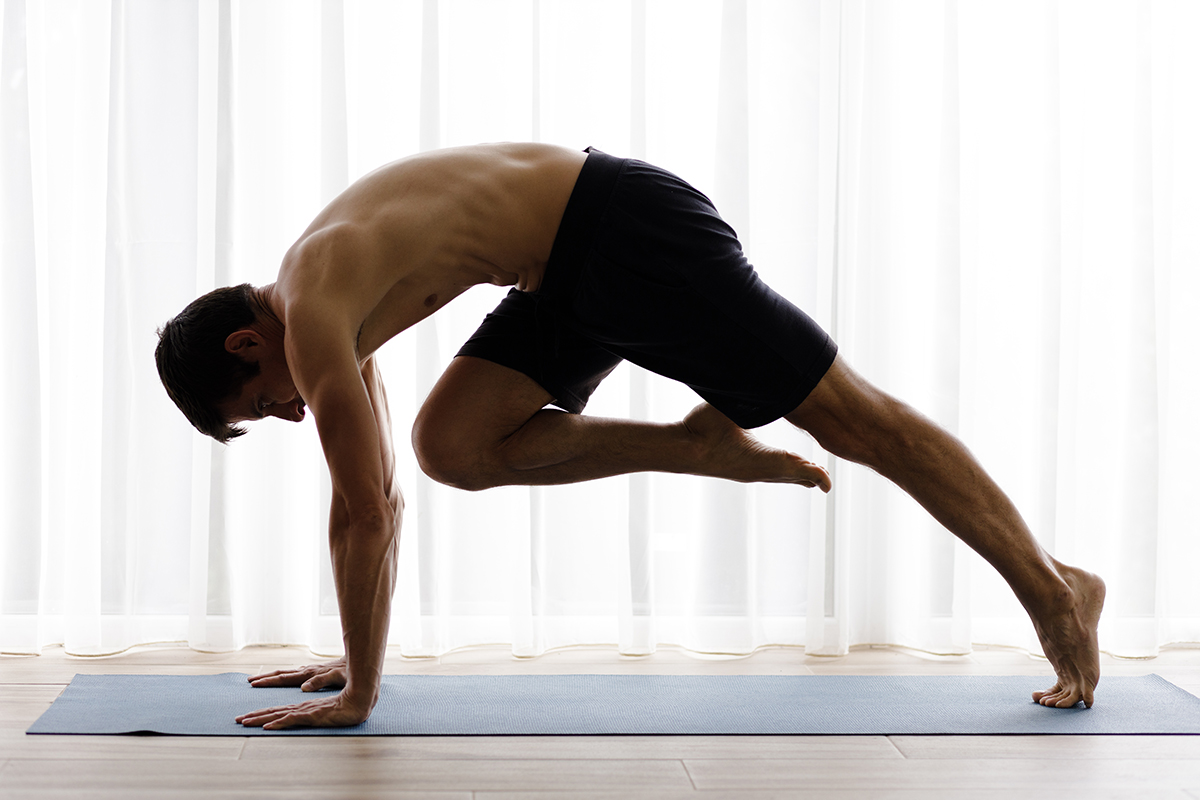
- Promotes Mental Well-being: Beyond physical advantages, yoga offers profound mental health benefits. By promoting mindfulness and relaxation, yoga can significantly reduce stress, anxiety, and depression levels. It encourages mental clarity and calmness, enhances self-awareness, and improves concentration and focus.
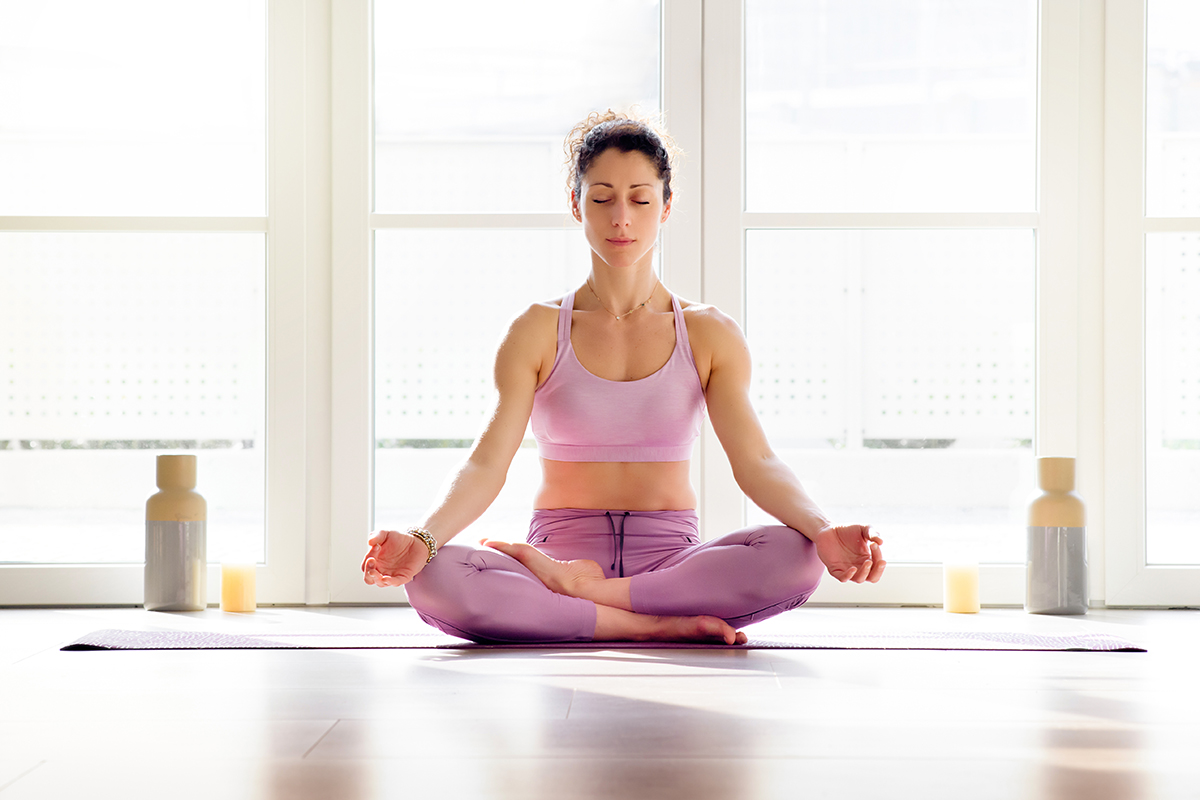
Beyond these, yoga also supports cardiovascular health, promotes better sleep, aids in digestion, and boosts the immune system. Its benefits are holistic, affecting all aspects of an individual’s life.
Essential Yoga Tips for Beginners
Starting with Yoga might seem overwhelming, especially with the plethora of poses and styles available. However, with the right approach, it can be a smooth and enjoyable journey. Here are some essential yoga benefits and tips for beginners embarking on their Yoga journey:
- Start with Basic Poses: Don’t push yourself to perform complex poses at the start. Begin with foundational poses like Mountain Pose, Downward Dog, and Warrior I & II. These will help you build your strength, flexibility, and confidence.
- Consistency is Key: Yoga is a practice that benefits from regularity. Whether you practice for an hour or just a few minutes each day, consistency is the key to progress and experiencing the full benefits.
- Use Props: Props such as blocks, straps, and bolsters are great tools to aid your practice. They can provide support, enhance alignment, and make poses more accessible as you work on your flexibility and strength.
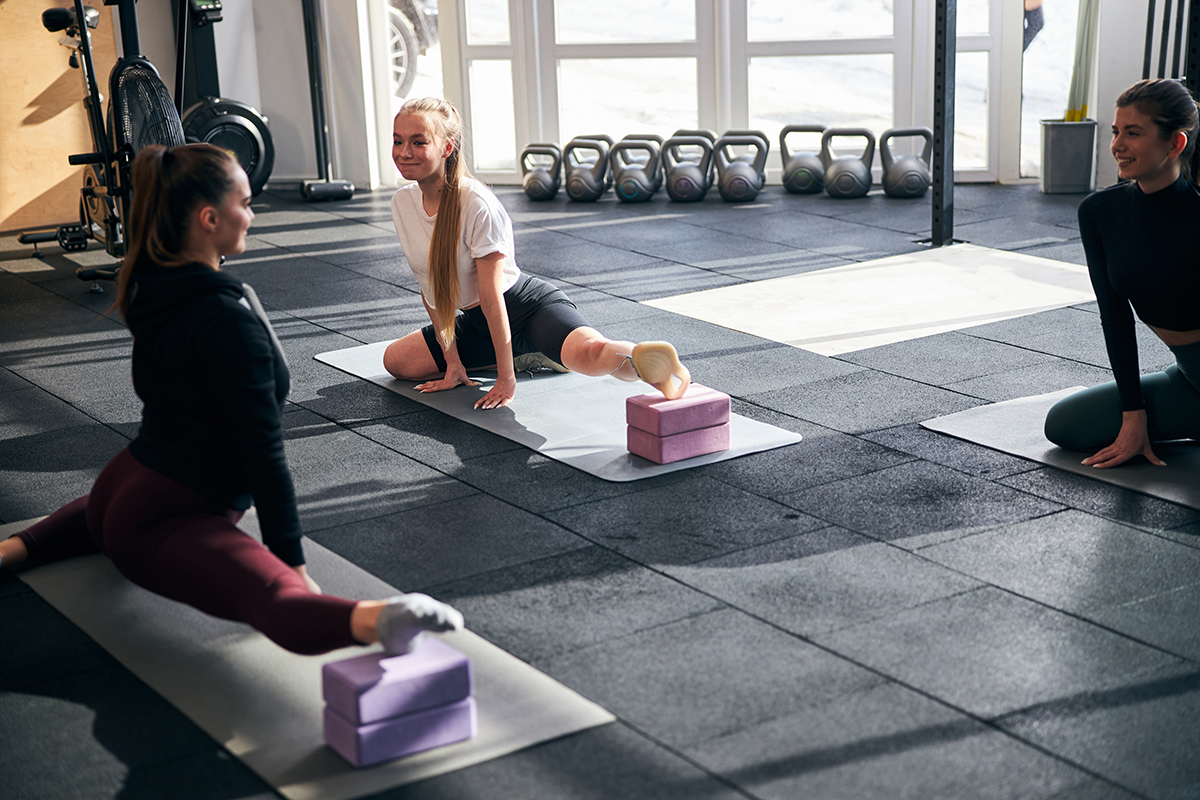
- Listen to Your Body: Yoga isn’t about pushing your body to its limits. It’s about developing a deeper connection with your body. If a pose causes discomfort or pain, adjust accordingly or use props to provide support.
- Find a Qualified Instructor: A qualified instructor can provide guidance, correct your alignment, and ensure you’re practicing safely and effectively. They can also help you modify poses based on your fitness level or any health concerns.
Remember, yoga is not a competition. It’s a personal journey towards greater well-being. Focus on your practice, progress at your own pace, and most importantly, enjoy the process.
Different Styles of Yoga
Yoga comes in various styles, each offering different benefits and challenges. Understanding the differences can help you choose a style that aligns with your fitness level, goals, and preferences:
- Hatha Yoga: This is a traditional form of Yoga that combines poses (asanas) with breathing exercises (pranayama). It is typically slower-paced, making it perfect for beginners and those looking for a calming, grounding practice.
- Vinyasa Yoga: Also known as flow yoga, Vinyasa is a dynamic and fast-paced style of Yoga. It emphasizes the seamless transition from one pose to another, coordinated with your breath. Vinyasa offers a cardiovascular workout and is great for those seeking a physically engaging practice.
- Kundalini Yoga: This style focuses on meditation, mantra chanting, and specific breathing exercises. Kundalini yoga seeks to awaken the energy at the base of the spine and draw it upward through each of the seven chakras. It is ideal for those seeking spiritual growth and mental clarity.
- Restorative Yoga: This is a relaxing style of yoga that uses props to support the body, allowing you to hold poses for longer periods. It promotes deep relaxation and is an excellent choice for stress relief.
Remember, the best yoga style is the one that resonates with you and meets your individual needs. Don’t be afraid to experiment with different styles until you find your perfect match.
Case Study: Yoga for Stress Relief
Yoga’s stress-relieving properties aren’t merely anecdotal; they are backed by science. A notable case study published in the Yoga Journal explored the effects of regular yoga practice on stress levels. In this study, a group of individuals engaged in consistent yoga for 12 weeks.
The results were significant and enlightening. By the end of the 12 weeks, the participants reported a dramatic decrease in their stress levels. They also noted an improvement in their overall mental well-being. Not only did they feel calmer and more at ease, but they also felt more equipped to handle the stresses of their everyday lives.
This case study reveals how regular yoga practice can be an effective tool for stress management. It provides compelling evidence of yoga’s capacity to alleviate stress and improve mental health. Such findings underscore the profound potential of yoga, validating its integration into daily routines for better stress management.
Debunking Yoga Myths
Despite the growing popularity of Yoga and the widespread recognition of its benefits, several misconceptions about Yoga persist. As we discuss these myths, we’ll also offer practical yoga tips to provide a clearer understanding and to maximize your yoga benefits.
- Myth: You need to be flexible to practice Yoga: This is one of the most common myths. Yoga is not about touching your toes or performing complex poses; it’s about the journey and progress. You become more flexible by practicing Yoga, not the other way around.
- Myth: Yoga is too slow and easy: While some styles are slower-paced and gentle, others can be quite physically challenging. Yoga offers a range of styles and intensities, catering to everyone from beginners to athletes.
- Myth: Yoga is only for women: This couldn’t be further from the truth. Yoga is for everyone, regardless of gender, age, or fitness level. It offers benefits that are universally valuable, such as stress relief, improved flexibility, and increased strength.
Summary and Conclusion
In summary, Yoga is a holistic practice with myriad health benefits. It supports cardiovascular health, promotes better sleep, aids in digestion, and boosts the immune system. By heeding the yoga benefits and tips provided in this article, you’re now equipped to embark on your Yoga journey. Remember, Yoga is not about perfection or competition; it’s a personal journey towards greater well-being, balance, and self-awareness.
For beginners, it’s essential to start slow, practice consistently, use props when necessary, and heed the guidance of a qualified instructor. It’s also crucial to dispel any misconceptions and approach Yoga with an open mind and heart. Yoga is not about perfection or competition; it’s a personal journey towards greater well-being, balance, and self-awareness.
By heeding these Yoga benefits and tips, you’re now equipped to embark on your Yoga journey. As you roll out your mat, remember to focus on your breath, honor your body, and most importantly, enjoy the journey towards a healthier, more balanced lifestyle.

